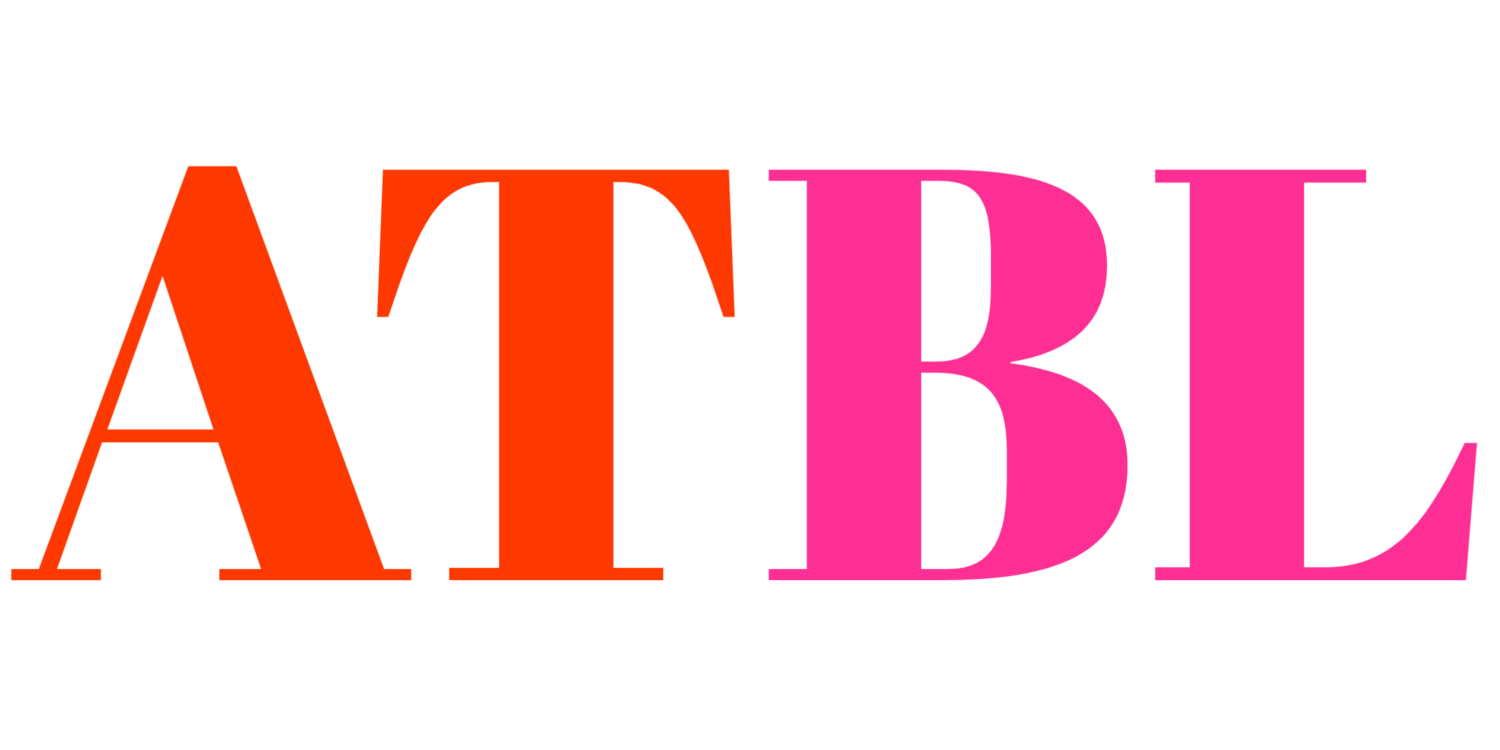Pronoun Policies: Critical Conclusions
This series discusses pronoun policies at the University of St Andrews. Pronoun policies have become a hot topic in discussions about gender identity and expression at academic institutions. This series uses the Actor-Network Theory (ANT) to discuss the importance of pronouns in shaping the socio-material experience of students at university. Trigger Warning: This series contains a discussion of gender identity, expression, discrimination and abuse.
The series is broken into six parts; an introduction to gender pronouns and their importance, Setting an Academic Framework, Analysis in Academic Environments, Analysis in Non-Academic Environments, and Critical Conclusions.
Critical Evaluation
There are several limitations to the discussion of pronouns and the framework we have used.
Firstly, the use of pronouns and research surrounding them requires us to explore a unique and sensitive topic. Openly discussing this issue often makes trans and non-binary individuals uncomfortable because of historic and modern iterations of discrimination and judgement. Therefore, a comprehensive and in-depth view of this issue may be challenging to obtain. As a smaller organisation, the complete picture of the trans and non-binary experience of pronoun usage in the University may be more challenging to research because of the smaller sample size.
These issues also carry concerns for the practical implications discussed throughout the analysis sections. For example, some students may not be comfortable addressing their pronouns in public settings (Cross and Hillier, n.d.). These situations do not mean that the Union should not encourage pronoun policies. Instead, this means that care and consultation should form a central part of developing new approaches to gender pronouns in the University.
The ANT also carries limitations. The ephemeral perspectives, or idea that things are continually changing, is seen by many "black and white" views as an exaggeration. However, what some see as a limitation is this framework's benefit. In discussing gender identity and pronouns, this report engages in a social issue which is continuously changing. The terminology and literature of gender identity continue to develop. These reasons demonstrate that ANT will continue to be relevant as these issues evolve, and the Union could apply this framework to other problems for students and staff, which continually develop.
Conclusion
The use of gender pronouns is highly consequential for constructing gender identity and expression. Based on this fact, the University of St Andrews is behind its peers in facilitating constructive and safe organisational environments and practices. This report's crucial practical implication is the implementation of a University policy on gender pronouns. However, the sensitive nature of this issue necessitates further discussion, consultation, and research to find the best solution.
Sources
Cross, E. and Hillier, A. (n.d.). Respecting pronouns in the classroom | Penn GSE. [online] University of Pennsylvania Graduate School of Education. Available at: https://www.gse.upenn.edu/news/educators-playbook/erin-cross-pronouns-gender-identity [Accessed 10 Dec. 2020].
